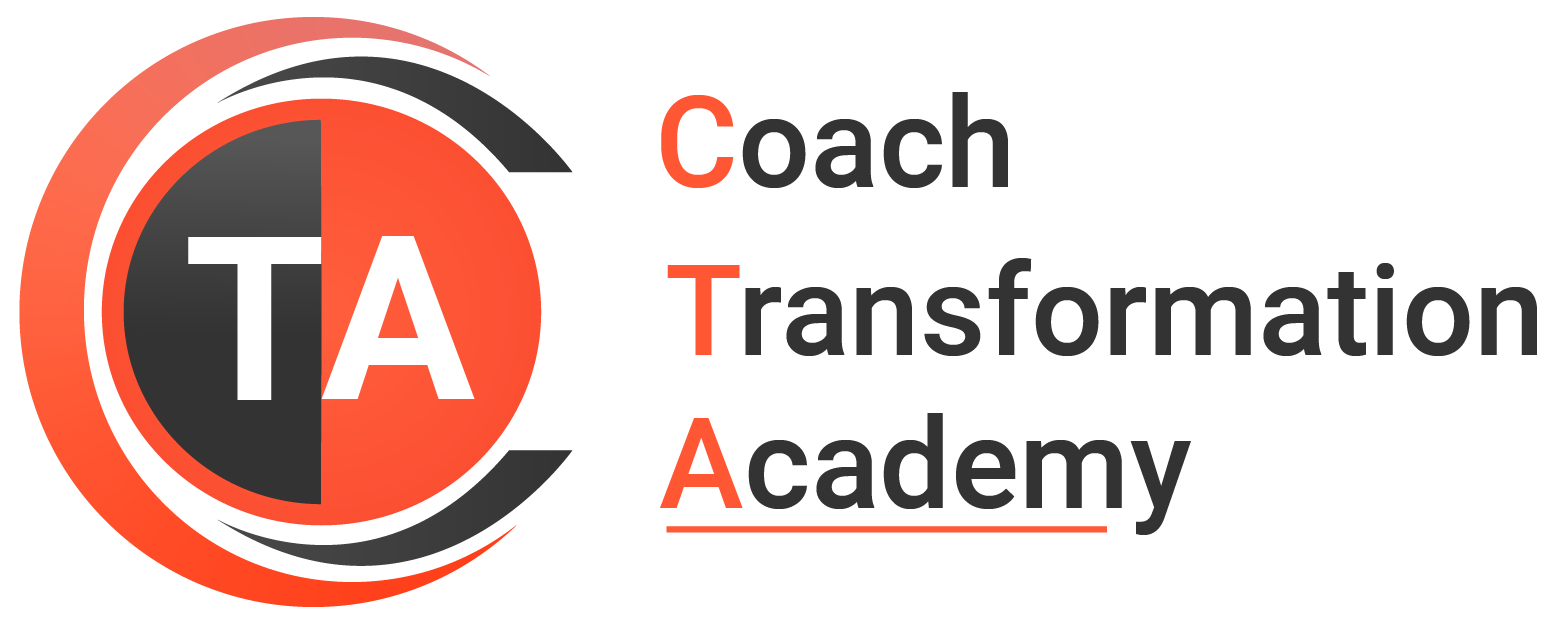I learned…
The “Foundational Coaching Skills” workshop was a critical educational component for my overall understanding of coaching. By completing the 2-day workshop, I was able to benefit from a variety of new practical and experiential group work and individual activities and focus on developing real-life expertise in coaching skills, techniques, and processes.
The workshop was effectively unique from others, as it was both physically and mentally stimulating. Despite the voluminous intellectual content, the facilitator kept us physically active and mentally focused. These physical and mental activities were well-structured and focused on the following five key areas:
- What is coaching?
- Coaching process
- Coaching competencies
- Types of coaching
- Practices using Wheel of Life.
The biggest hurdle in the class for me was to understand the difference between coaching and “not coaching,” like training or monitoring. My perceived impression of a coach was more of a problem solver, a person who helps others make them successful, and a person who has all the resources and answers the coachee needs. However, attending the workshop helped me better understand and develop a more accurate perspective about what a coach’s role really is, mainly that the coach and the coachee are parallel and equal.
Starting with the icebreaker activities that we did, helped the group gain a good general knowledge of all participants in the workshop while helping me discover myself better (i.e., higher self-awareness). This was very useful in making good connections and finding key similarities and differences between us without leaving room for assumptions and potential false judgments of each other.
The workshop started with laying out the ground rules and reaching a mutual agreement between the coach and the attendees. The coach then explained and emphasized some key relevant beliefs and values, such as:
- Create a safe and candid environment and keep an open and non-judgmental attitude towards others.
- Provide assurance to your coachee that you support them even if you are testing their knowledge and skills.
- Prioritize the coaching session to align with the coachee’s goals/agenda.
- Advocate a self-awareness with your coachee to help identify his/her key weaknesses and strengths.
- Promote learning from experience to help your coachee reflect on past experiences and analyze what went well and what didn’t.
We were involved with many interactive activities, which helped us to understand the four stages of learning. Additionally, there was a rich discussion about the coach’s competence and the important role a coach plays in:
- Setting your coachee’s coals and agreed agenda at the beginning of the session (goal).
- Helping the coachee recognize what has changed in his/her thinking (awareness)
- Guiding the coachee in translating that awareness into actions (action)
- Holding your coachee accountable (accountability).
I need…
It was very enlightening for me to capture the true definition of coaching regardless of the nature or type of coaching. Coaching is unlocking a person’s potential to maximize their own personal and professional potential performance. In other words, it’s about helping your coachee learn rather than teaching him/her.
A key highlight of the workshop for me was the first practical part of using the Wheel of Life to determine the most important areas to me as a coachee and then rank them based on how I’m doing in each area. As a coach, the Wheel of Life is a simple but powerful tool that helps coachees visualize all the important areas of their life at once and identify the area(s) that they need to focus on, by allowing you as a coach to add goals and other variables and then track your coachee’s progress from one session to another.
At the end of the session, the coach is expected to work collaboratively with the coachee to determine two or three key actions that the coachee can take back, work on and improve between sessions (accountability).
Another key highlight of the workshop is actually practicing being a coach, focusing on the key stages of competences, which was very challenging to me, having that I’ve never done this before. I realized that this will take plenty of practice, mainly in the “listen-to-reflect” skills, maintaining good eye-contact to focus on non-verbal cues, and ultimately ask the relevant questions and derive effective action plans with the coachee.
I wonder…
A nagging question for me above and beyond what was well-covered in the workshop is: How could you be an effective coach in a rather complex situation that requires specialized technical or functional knowledge, such as Human Capital, Psychology, etc. and you’re not qualified in this field?
Another question is: how do you navigate around the cultural component when you work with coachees from different cultures and backgrounds? What could be a useful practice or approach for a coachee from North American culture may not be effective with a coachee from southwest Asia.




